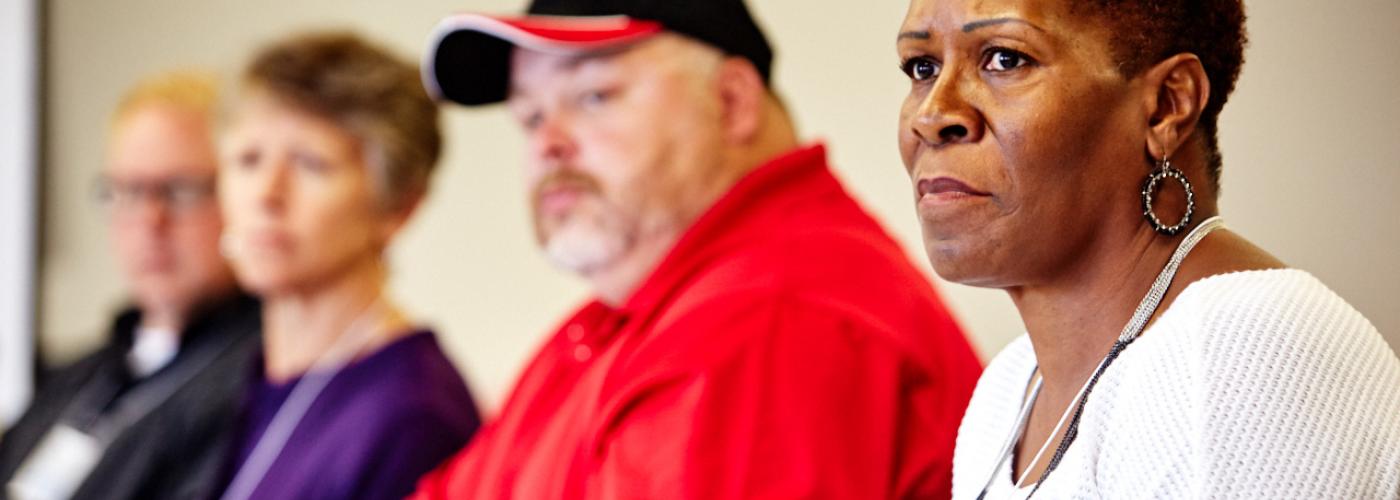Rural communities are at risk to be disproportionately affected by the direct impacts of climate change and by efforts to mitigate climate change. This is especially true when considering solutions and policies that increase energy, resource, or transportation costs. At the same time, much of the production in climate friendly economies will occur in rural areas through renewable energy deployment, reinvigorated local food economies, and changes to land use patterns. Rural communities will play an integral role in addressing climate issues.
Despite this, rural America is often overlooked in climate conversations, and policy changes tend to emphasize urban and suburban perspectives. In many communities, this has led to a culture of misinformation and confusion that prevents publicly supported policy from emerging.
But it doesn't have to stay this way. Rural residents and communities have the potential to remain vibrant and develop innovative solutions that respond to local and regional challenges. The Jefferson Center and the Institute for Agriculture and Trade Policy are moving conversations about climate change forward by working with rural community partners and residents.
The Rural Climate Dialogues use the innovative and time-tested Citizens Jury method for community problem solving and leadership development. This approach, which brings together a microcosm of the community to study an issue in-depth and generate a shared community response, has consistently provided a productive, educational, and inclusive way to address complex or divisive challenges. Each Dialogue focuses on a specific rural community and gathers a randomly selected but demographically representative group of citizens for a multi-day moderated study and deliberation forum. They are tasked with creating a shared, community-based response to the topics at hand; these topics have included climate resilience, energy systems, and renewable energy siting and development. The panels are completely citizen-driven; no one tells them what to do or what to think. The panelists have the liberty, information, and resources to produce their own recommendations that respond to community needs, priorities, concerns, and values.
Sustainable systems change will require a rural population that is empowered to be part of the climate solution. The Rural Climate Dialogues not only help rural communities think critically and plan strategically to address local challenges related to weather and climate; they allow the opportunity for community members to embrace their starring role in the creation of good policies and on-the-ground solutions.
Overview of the Rural Climate Dialogue process:
1. We involve partners, community members, and other stakeholders to define the purpose and scope of citizen engagement on a specific issue. How are climate and energy issues impacting the community? What are the most important conversations happening locally? We use this information to tailor the information presented at the Dialogue event.
2. We recruit a diverse, demographically balanced community group (Citizens Jury) to study, deliberate, and make recommendations on the issue. The group spends 2-3 days together hearing from a variety of expert witnesses and deliberating together on the issue. On the final day of their moderated hearings, the members of the Citizens Jury produce recommendations for decision makers and the public.
3. We work with participants, sponsors, community members, community organizations, businesses, public officials, and others to support, amplify, and implement group recommendations.

